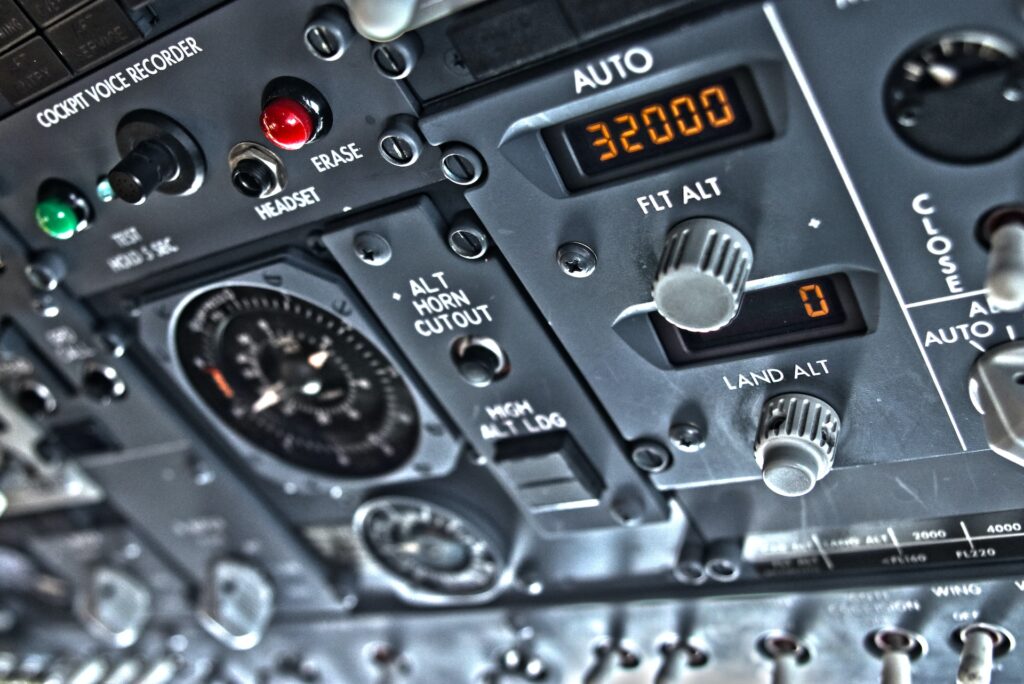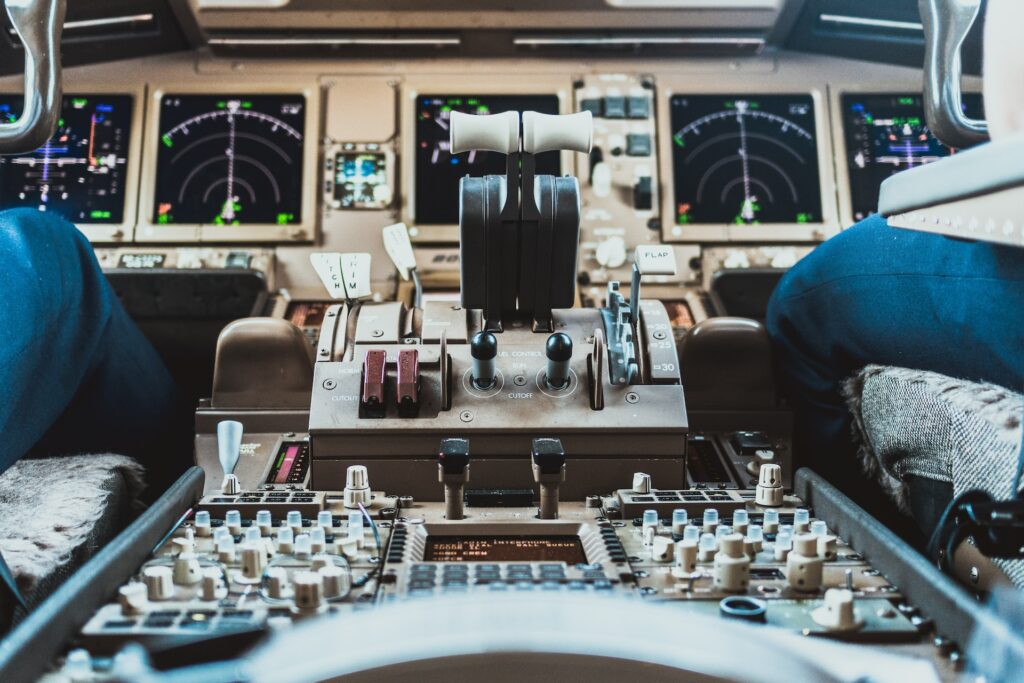Aviation has become an essential part of our lives, connecting people and cultures across the globe. However, while aviation has a universal impact, different cultures have embraced aviation in their unique ways, reflecting their values, beliefs, and aspirations. In this article, we explore the cultural significance of aviation in different parts of the world, including Malaysia, the United States, Australia, Japan, and the Middle East. Check this website to learn more about Aviation.
Malaysia: A Source of National Pride and Identity
In Malaysia, aviation is more than just a means of transportation; it is a source of national pride and cultural identity. Malaysia Airlines, the country’s flagship airline, showcases the country’s rich culture and hospitality. The airline’s iconic kebaya uniform, featuring batik prints, has become a symbol of Malaysian fashion, and its in-flight services reflect the country’s warm and friendly nature. Aviation has also contributed significantly to Malaysia’s economy, creating jobs and opportunities for the country’s growing middle class.
The United States: A Spirit of Innovation and Exploration
The United States has a long history of aviation innovation and exploration, with aviation playing an integral role in the country’s culture and identity. From the Wright Brothers’ first flight to the moon landing, aviation has been a source of American pride and achievement. The country’s aviation industry has also contributed significantly to the economy, creating jobs and driving technological innovation. Airshows, such as the EAA AirVenture Oshkosh, attract millions of spectators each year, showcasing the latest aviation technology and providing an opportunity to learn about aviation history.
Australia: Connecting a Vast and Diverse Nation

Australia’s vast geography has made aviation a critical part of the country’s infrastructure and culture. Millions of Australians rely on air travel to connect with each other and to the rest of the world. The Royal Flying Doctor Service, an aviation-based healthcare service, has been a lifeline for many Australians living in remote areas, providing access to medical care that would otherwise be unavailable. Aviation has also contributed significantly to Australia’s tourism industry, attracting millions of visitors each year to explore the country’s diverse landscape and unique culture.
Japan: A Symbol of Technological Excellence
In Japan, aviation is viewed as a symbol of technological advancement and efficiency. The country’s aviation industry is known for its innovation and attention to detail, with Japanese airlines consistently ranking among the world’s best. Japan’s airports are also a testament to the country’s commitment to excellence, with Narita and Haneda airports both featuring cutting-edge technology and design. Aviation has become an essential part of Japan’s economy and cultural identity, reflecting the country’s commitment to excellence and innovation.
The Middle East: A Hub for Global Air Travel
The Middle East has emerged as a hub for global air travel, with the region’s airlines, including Emirates, Qatar Airways, and Etihad Airways, transforming the region’s economy and culture. Aviation has become a source of national pride and cultural identity, with many Middle Eastern airlines showcasing their unique heritage and hospitality. The region’s airports, including Dubai International Airport and Hamad International Airport, feature world-class facilities and amenities, reflecting the region’s commitment to excellence and innovation.

